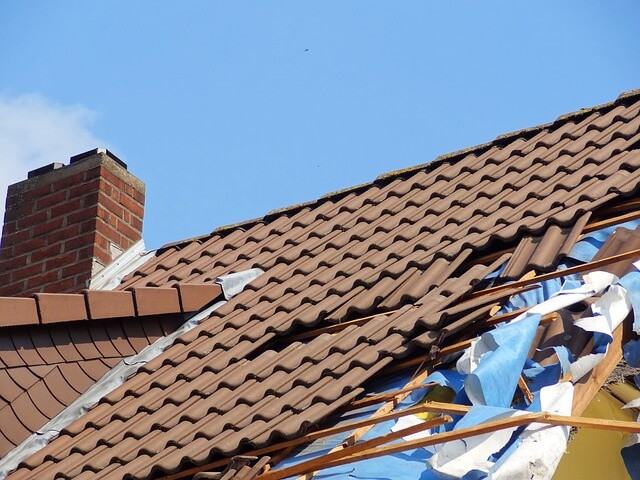Metal roofing has gained popularity in recent years as an attractive and durable alternative to traditional roofing materials like asphalt shingles or clay tiles. Whether you’re considering a roof replacement or building a new home, it’s crucial to weigh the pros and cons of metal roofing to make an informed decision. In this article, we’ll delve deep into the advantages and disadvantages of metal roofing to help you understand if it’s the right choice for your needs.
Pros of Metal Roofing
1. Longevity
One of the most significant advantages of metal roofing is its exceptional durability. Metal roofs can last 50 years or more, surpassing the lifespan of traditional roofing materials. This longevity translates to significant cost savings over time.
2. Weather Resistance
Metal roofs are highly resistant to various weather conditions. They can withstand heavy rain, snow, hail, and even high winds. This makes them an excellent choice for regions prone to extreme weather.
3. Energy Efficiency
Metal roofing can reflect solar heat, helping to keep your home cooler during the summer months. This can result in lower energy bills and reduce your carbon footprint.
4. Low Maintenance
Compared to other roofing materials, metal requires minimal maintenance. Occasional inspections and cleaning are usually sufficient to keep your roof in top shape.
5. Eco-Friendly
Metal roofing is often made from recyclable materials and can be recycled at the end of its life, reducing its environmental impact. Additionally, its energy-efficient properties contribute to a greener home.

Cons of Metal Roofing
1. Cost
While metal roofing offers long-term cost savings, the initial installation cost can be higher than that of traditional roofing materials. However, the durability and longevity of metal roofs make them a worthwhile investment.
2. Noise
Some homeowners find that metal roofs can be noisy during heavy rain or hailstorms. Proper insulation and underlayment can mitigate this issue.
3. Expansion and Contraction
The metal expands and contracts with temperature fluctuations. Without proper installation, this movement can lead to roof damage over time. It’s crucial to hire experienced professionals for installation.
4. Denting
While metal roofs are generally durable, they can dent if struck by large hailstones or heavy objects. Choosing a thicker gauge metal can help prevent denting.
5. Aesthetic Limitations
Metal roofing may not suit the aesthetic preferences of every homeowner. However, modern metal roofing comes in a variety of styles and colors to accommodate different tastes.
In conclusion, metal roofing offers numerous benefits, including longevity, weather resistance, and energy efficiency. However, it’s essential to consider the upfront cost and potential noise issues. Ultimately, the choice of roofing material should align with your specific needs and preferences.

